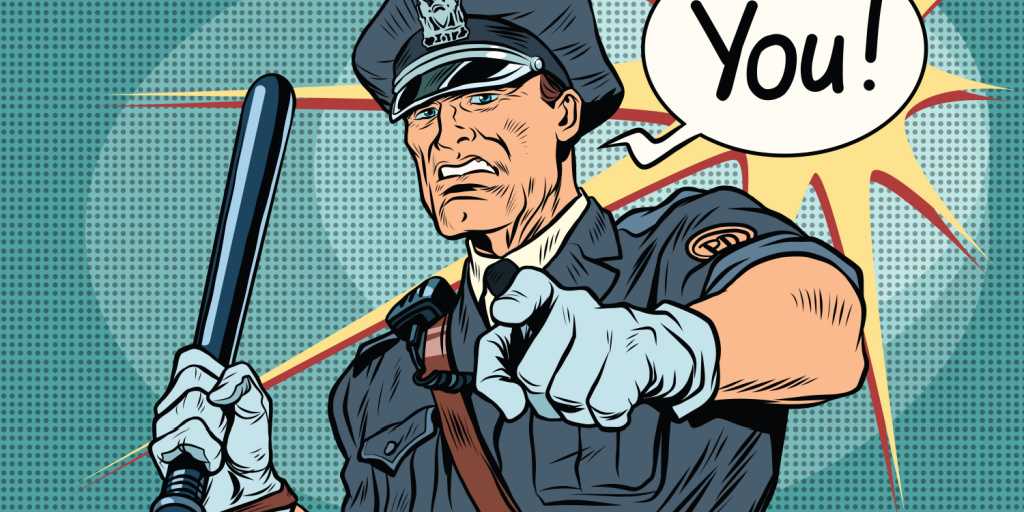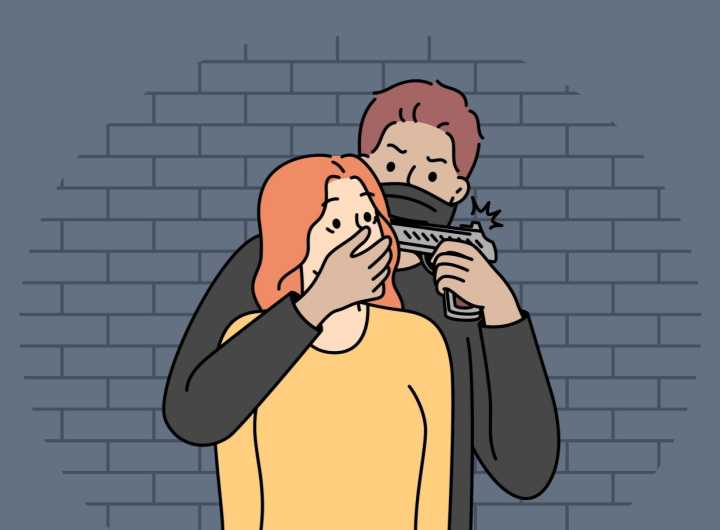Someone else did the crime, I pay the fine ?
In Arizona, the State may forfeit (i.e., seize and keep) property used to facilitate a variety of crimes, including theft and crimes involving illegal drugs, such as marijuana. The property owner need not be convicted of anything. In fact, the State does not need to bring any criminal charges in the first place. Instead, the State only needs to show that someone used the property to commit the crime by a preponderance of the evidence, the low standard of proof that applies in civil cases.
Arizona law does not require that the scale of the forfeiture be proportionate to the severity of the crime. For example, a $50,000 SUV used to shoplift $1,000 of clothes can be forfeited, even though it is 50 times more valuable than the stolen shirts and pants. And the State can make its forfeiture case whether the SUV owner was the shoplifter himself or a relative who was not involved in the crime.
But in 2019, the U.S. Supreme Court may have put the brakes on excessive forfeitures in a case called Timbs v. Indiana. In Timbs, a criminal defendant drove a $42,000 Land Rover purchased with insurance proceeds while committing theft and drug crimes. After his conviction, the trial court refused to forfeit the Land Rover to the State because it would be a constitutionally-prohibited “Excessive fine” as it was “grossly disproportionate to the gravity” of the defendant’s offense. The State appealed, arguing that the U.S. Constitution’s prohibition on excessive fines only applied to the federal government, not state governments. The U.S. Supreme Court disagreed and held that a state forfeiture must not be excessive in light of the crime committed.
The upshot is this: Arizona forfeitures must now be proportionate to the crime. Furthermore, in our opinion, a property owner who does not commit any crime must receive even greater protections – after all, if a person is blameless, punishment is simply inappropriate, even if it is “only” property forfeiture.
Recommended Articles

Arizona’s new sealing statute is a powerful way for people who have been charged or convicted of many common offenses, to be able to say “no” in many instances.

In Arizona, “Aggravated Assault” charged under ARS § 13-1204 is a Class Four Felony, and in some cases with mandatory prison.

DUI or domestic violence police misconduct even if not resulting in grievous misfortune can sometimes provide a helpful remedy for the criminally accused.

people are surprised by how outsized the consequences some misdemeanor convictions can be. collateral consequences—meaning all those hidden consequences.

For thirty years two federal laws prohibited all those convicted of misdemeanor domestic violence offenses from ever possessing firearms.

About Michael Harwin
Michael’s skill and experience have been recognized repeatedly. He holds an A-V 5/5 preeminent rating by Martindale Hubbell. He has been named one of the top lawyers in Arizona by Southwest Superlawyers, and one of the best lawyers in Tucson by Tucson Lifestyle Magazine. He also has been named one of the best lawyers in the United States by BestofUS.com , and given the highest rating possible by AVVO, 10/10 Superb. Amazon Books
